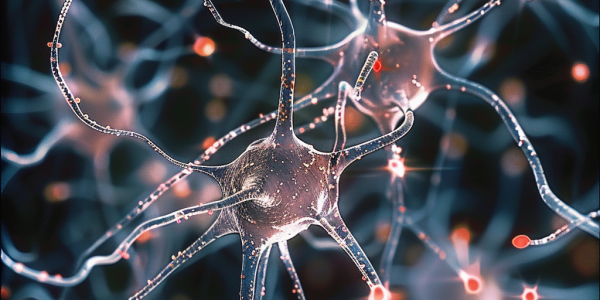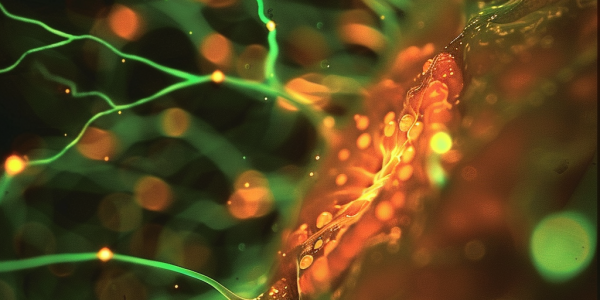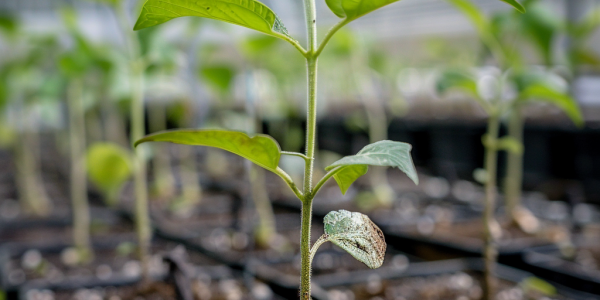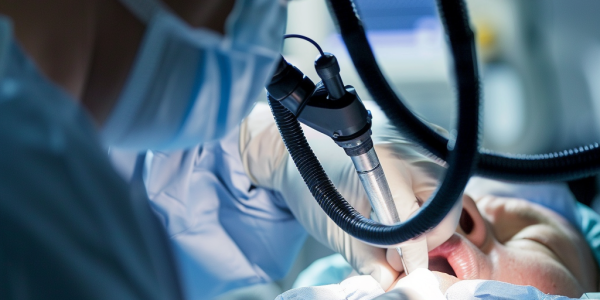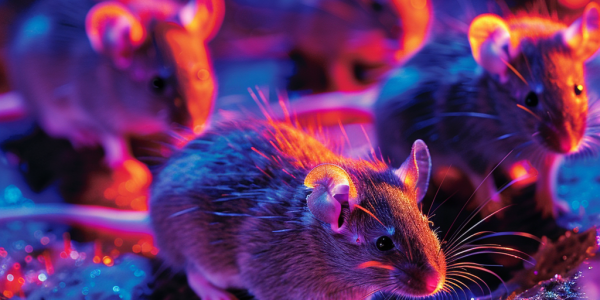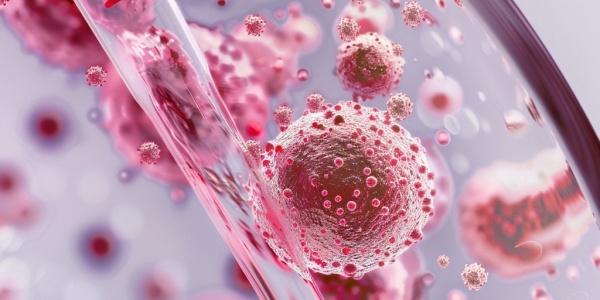Neuroscience Study Reveals Link Between Oxygen Deprivation and Memory Formation
The latest neuroscience research reveals how oxygen deprivation can hinder memory formation by triggering anoxia-induced long-term potentiation (aLTP). Scientists have identified a feedback loop involving glutamate and nitric oxide that sustains aLTP, disrupting the brain’s normal memory-enhancing mechanisms. This discovery may offer new strategies for addressing memory issues in stroke patients.
Dana-Farber Cancer Institute Partners with OncoHost for Groundbreaking Kidney Cancer Study
Dana-Farber Cancer Institute partners with OncoHost to study biomarkers for renal cell carcinoma, aiming to enhance clinical decision-making and patient management. The study will analyze blood samples to create personalized treatment plans and predict patient responses to immune-checkpoint inhibitor therapy, revolutionizing kidney cancer treatment.
New Neuron Discovery Offers Potential Treatments for Diabetic Retinopathy and Stroke
Groundbreaking discovery reveals new type of neuron in the eye that guides the formation of blood vessel networks, potentially leading to new treatments for diabetic retinopathy and stroke. Study by UC San Francisco researchers uncovers how retinal neurons interact with blood vessels to create essential 3-D structures, offering hope for future therapies addressing impaired blood flow in the eyes and brain.
Key Discovery in Plant Regeneration Research
Researchers from the Institute of Genetics and Developmental Biology have identified REGENERATION FACTOR1 as the primary local wound signal triggering plant regenerative responses. This groundbreaking study sheds light on enhancing crop regeneration capacity through genetic modifications, offering valuable insights into plant wound responses and crop resilience.
AGA Releases New Guideline on Endoscopic Eradication Therapy for Barrett’s Esophagus
The American Gastroenterological Association (AGA) has released a new evidence-based Clinical Practice Guideline on Endoscopic Eradication Therapy of Barrett’s Esophagus and Related Neoplasia, offering updated recommendations for patients with Barrett’s esophagus, a precursor to esophageal cancer. The guideline emphasizes the importance of endoscopic therapy for removing pre-cancerous cells in patients with high-grade dysplasia, while suggesting a collaborative approach for those with low-grade dysplasia. By focusing on patient-centered care and personalized treatment decisions, the AGA aims to improve outcomes and ensure informed choices for individuals with Barrett’s esophagus.
New Hormone-Producing Cell Linked to Monogamous Behavior in Mice
A recent study published in Nature by scientists at Columbia University’s Zuckerman Institute reveals the discovery of a new hormone-producing cell in monogamous mice, shedding light on potential links to nurturing behavior and monogamy. The unique adrenal cell type produces 20⍺-OHP, enhancing nurturing behavior in mice and offering insights into human parental behavior and postpartum depression treatments. This groundbreaking research compares the mating behaviors of deer mice and oldfield mice, highlighting the role of hormones in shaping behavior and providing valuable insights into the mechanisms underlying monogamy.
Study Finds Removing Senescent Cells Boosts Short-Term Immune Response at Expense of Long-Term Memory
Discover how clearing senescent cells in mice can improve initial infection response but hinder immune memory development. Learn about the trade-off between short-term immune efficiency and long-term memory revealed in recent research.
Research Reveals Role of Stochastic Variation in Developing Aging Clocks
Recent research by David H. Meyer and Björn Schumacher has highlighted the role of accumulating stochastic variation in developing aging clocks, providing valuable insights into the aging process and potential treatments for age-related conditions. Their study emphasizes the significance of accurate aging clocks in assessing interventions and preventive measures for age-related diseases, shedding light on the interplay between programmed and stochastic elements in the aging process.
Protein Marker Identified for Repairing Damaged Blood Vessels
Researchers at Indiana University School of Medicine have identified a protein marker that can help pinpoint cells capable of repopulating in individuals with damaged blood vessels. This groundbreaking discovery has the potential to revolutionize therapies for endothelial dysfunction and coronary artery disease. The study, led by Chang-Hyun Gil, Ph.D., MS, marks a significant milestone in the field of cardiology, offering hope for new cell therapies in repairing damaged blood vessels.
New RNA Alteration Treatment Strategy Shows Promise for Neuroblastoma Patients
A recent study from the University of Chicago reveals a new treatment strategy for neuroblastoma, focusing on RNA alterations associated with the condition. By blocking proteins that modify RNA transcripts, researchers have successfully inhibited the proliferation of neuroblastoma cells and tumors in mouse models. This innovative approach could revolutionize the treatment of high-risk neuroblastoma patients, offering hope for improved outcomes and reduced toxicities.

